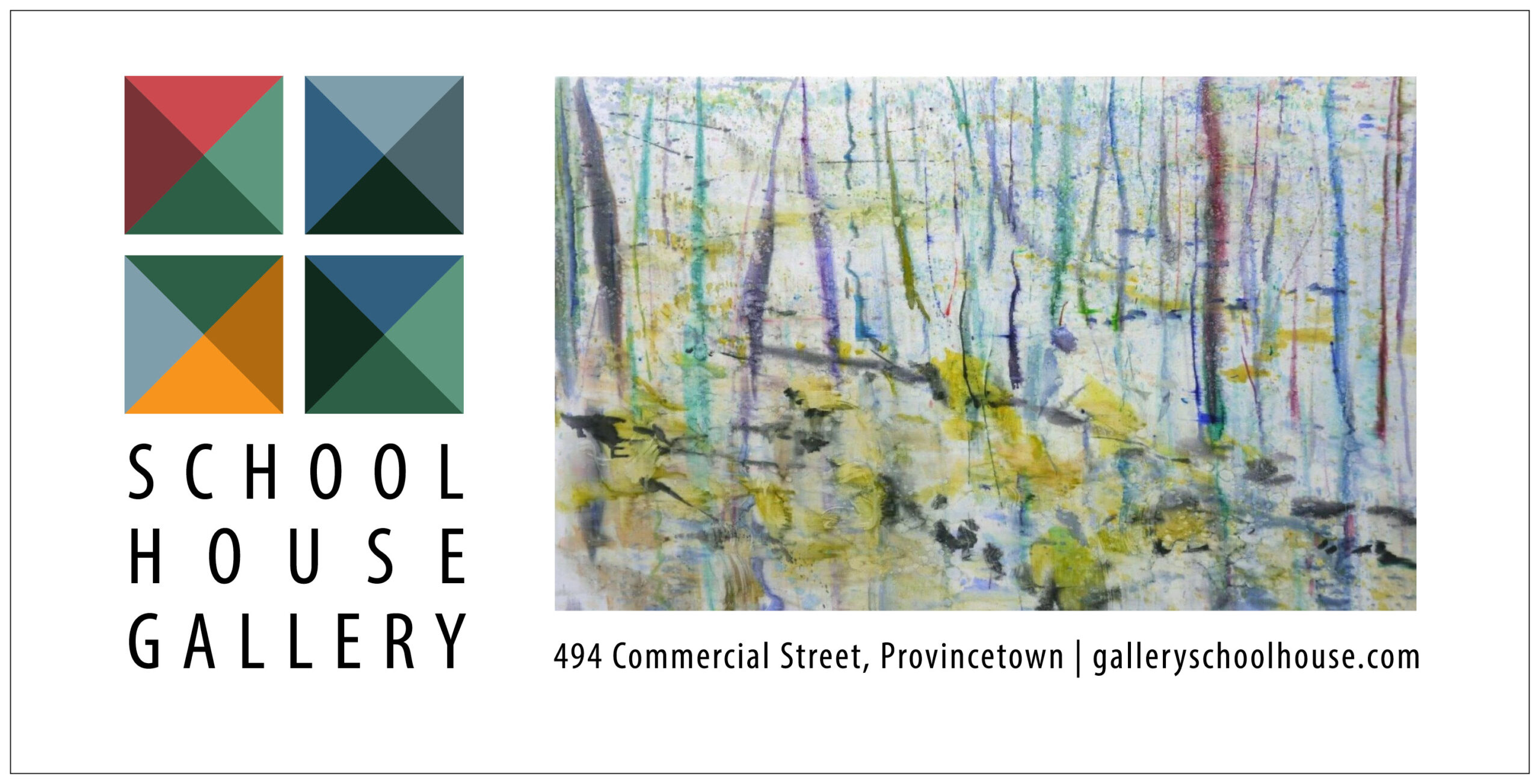In 2014, after the shooting death of Michael Brown, 18, by a Ferguson, Mo., police officer who was not indicted for the killing, Elenita Muñiz, a blue-eyed Puerto Rican and member of the Barnstable Human Rights Commission, addressed a roomful of listeners at Cape Cod Community College on the topic of race by saying, “I’m racist.”
She had taken an online quiz, she explained, which showed she, too, had racist tendencies.
“Racism is alive and well in this country, and everyone who is white-skinned is racist,” she said. “The bottom line is … only white people can end racism, and we need to work on that. It is very hard to acknowledge our privilege.”
Muñiz was among a group of panelists that included a white police chief and district attorney, and two black men who were equal rights advocates.
I sat in the audience with my reporter’s notebook and wrote down Muñiz’s words.
The next day, the reaction to the news story shocked me. What I heard was not anger against police brutality from the readers of the Cape Cod Times, where I worked at the time, but anger at Muñiz for saying all white-skinned people are racist.
Within days, the Barnstable County commissioners were calling for her resignation from her paid position as coordinator of the human rights commission. Protesters rallied to her defense on the day of the hearing, and they condemned me for quoting her.
She remained coordinator of the human rights commission only after recanting her statement.
“What I should have said is that all white people have biases about race,” Muñiz said at a meeting of the Barnstable County Commission. “How many white women clutch their purses a little closer when they approach a black man on the sidewalk? … How many of us white people get nervous when a black man shares an elevator with us? These are all traces of the biases we carry from the crib.”
I haven’t shaken my shock at the reaction to my story. The feeling comes to me now, faced again with how difficult the topic of racism remains, even among white people, including me.
Black parents have “the talk” with their sons about how to behave in the presence of the police, warning them that they cannot expect fair treatment. White parents also need to have “the talk” with their kids. It should be about racism that exists even in their own families, teachers, coaches, and friends. And about how to behave knowing traces of racism shape their own realities.
It’s not evil to have biases, but it is critical to recognize we have them, whether we are police officers or protesters. Only then can we begin to listen well to one other.



